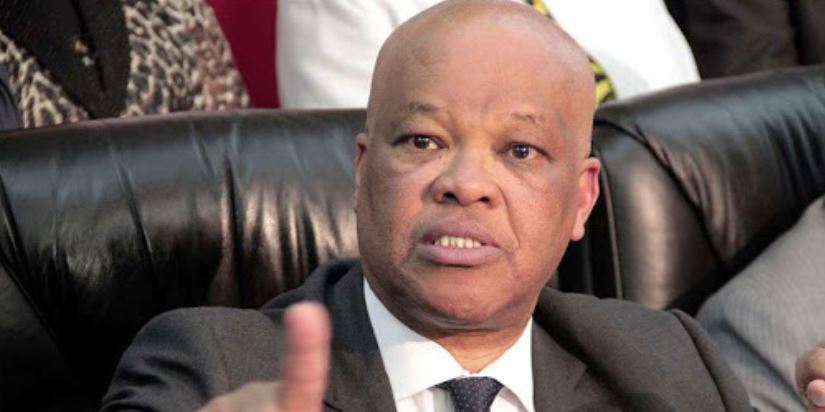
Mr Ngumi is also an acclaimed investment banker, a profession he has practised both within corporates such as Barclays, Citibank and Stanbic Bank, and at institutions he cofounded, most notably Loita Capital Partners Group and Eagle Africa Capital Partners.
What drew you to investment banking?
My love for old-style merchant banking that the best bankers of that generation such as Sir Siegmund Warburg, Michael von Clemm, Hans-Joerg Rudloff, Andre Meyer and Felix Rohaty exuded.
Any tips for aspiring bankers?
They should have passion for the profession or business, be ready to work hard and persevere during hardships, and strive to deliver on their commitments no matter what. Integrity is also key for any banker who wants to excel in their career. They should know how to set boundaries, and have a deep desire for excellence. Self-confidence and the willingness to learn are also important characteristics.
What was the toughest career decision you made in your 20s?
Moving back to Kenya from the UK. I wasn’t familiar with the Kenyan banking or business landscape at all. In fact, I possessed a ruinous combination. Coming from abroad, I was wrongly viewed as having a snobbish and superior attitude, and lacking the seniority that comes with experience. I really had to work hard to prove the doubters wrong.
What have you learnt about overcoming challenges over the years?
That they will always be there, and that it is how one reacts to them that matters. No one else really cares about your setbacks. Everyone is preoccupied with their own lives, so you had better stop moaning, get up, dust yourself up and move forward.
What has remained constant at the workplace, from when you were young until now?
The sometimes positive but more often corrosive power of workplace gossip. Always be on your guard against this insidious, malignant force. Secondly, the enduring generosity of many, though not all, colleagues, with their time, advice, assistance, patience.
Third is the corporate politics, as vicious and toxic a phenomenon as politics elsewhere. Cunning and devious colleagues will always be there, and will always try to put you down. Nonetheless do not let these characters define or colour your view of work. Fourth is the enduring strength of a sense of purpose, of persistence and of excellence. Eventually these come through, but one really needs to stay focused and to adjust to the mundane nature of work because it’s not always glamorous.
What are your views on career transitions?
Always exit gracefully and elegantly. I was given this advice by Joe Wanjui, a longtime chairman of what is now Unilever Kenya. He said you never know when you will need to reconnect with your former employers, and I believe him.
What is your most chilling memory from your undergraduate days?
You mean other than the perpetual terror brought on by exams? I once approached my college master and told him I was simply incapable of reciting grace. At the dining hall, one undergraduate student would be selected to say grace, in Latin, every week. When my turn came, I told the college master that I was never going to get through all those Latin consonants with my stutter. Fortunately he saw my point and exempted me from that task. That was the first and last time I ever invoked my stutter as an excuse. I get embarrassed by that memory to date.
How did you deal with career doubts, especially as a young professional?
The same way I have always dealt with other doubts — by refusing to let them bring me down. One will always have doubts, fears and anxieties. “Is it the right career? Am I making the right progress? Am I in the right organisation? Are my contemporaries rocketing ahead while my career seems to have stagnated? How come others seem to find things easy, and I don’t?” But you shouldn’t let these doubts deter you from moving in the direction of your goals.
What should be done to improve intergenerational relationships at the workplace?
I don’t know. What I do know is that intergenerational relationships will always be marred by challenges. My attitude is, be accommodative and open minded. I know who and what I am, so I will not pretend to be something I am not. I will try and understand why younger or older people act the way they do, and try as much as possible to accommodate them. But ultimately, at the workplace, we all have something to deliver to our customers, and we should strive to do that at whatever cost.
What book(s) have had the biggest impact in your career?
High Financier: The Lives and Time of Siegmund Warburg by Niall Ferguson, Financier: the Biography of Andre Meyer by Carl Reich, Need, Respect, Trust: The Memoir of a Vision by Nimit Kildare and From Third World to Firstby Lee Kuan Yew






